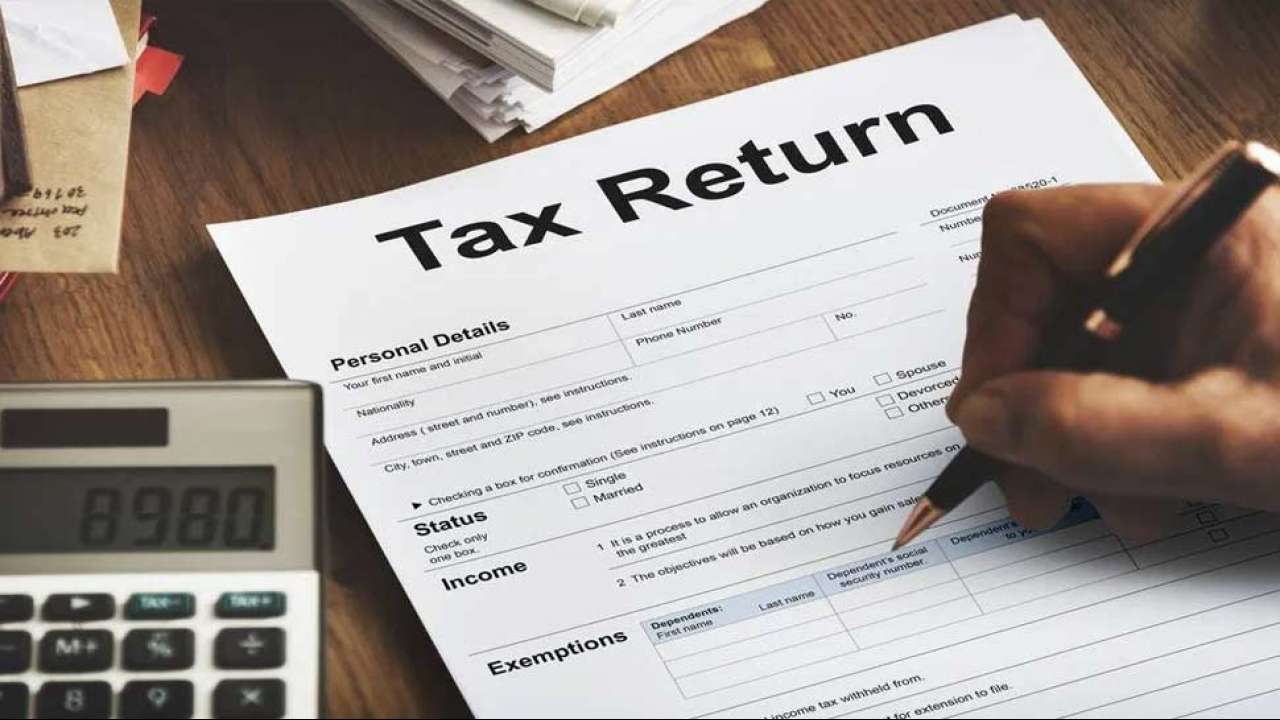
ITR Filing Due Date Extension 2023: Why you should not wait for extended last date, file now
The Income Tax Return (ITR) filing due date for Assessment Year (AY) 2023-24 is July 31, 2023, for taxpayers whose accounts do not require auditing. This category includes the majority of eligible taxpayers. However, despite only having 20 days remaining before the due date, a significant number of taxpayers still need to file their returns.
According to the latest data available on the Income Tax Website, only 1.89 crore ITRs have been filed as of July 9. In comparison, over 5.8 crore returns were filed for AY 2022-23 by July 31 of that year. This means that more than 4 crore taxpayers still need to file their returns within the next 20 days.
The data highlights a significant backlog in ITR filings for the current assessment year. With the deadline fast approaching, taxpayers must complete their filings within the stipulated time to avoid penalties and any potential repercussions.
Taxpayers are encouraged to gather and organize their financial information, including income statements, deductions, and other relevant documents, to ensure accurate and timely filing of their returns. Seeking professional assistance or utilizing online tax filing platforms can also simplify the process and ensure compliance with tax regulations.
The Income Tax Department may also issue reminders and provide guidance to taxpayers regarding the upcoming deadline and the importance of filing their returns on time. Filing ITRs within the due date not only fulfils legal obligations but also facilitates efficient tax administration and ensures the timely processing of refunds, if applicable.
It is advisable for eligible taxpayers to take prompt action and file their ITRs well before the deadline to avoid any last-minute rush or potential complications.
It is crucial for taxpayers yet to file their returns to act promptly to avoid any potential rush or complications on the e-filing website. As the deadline approaches, there is typically a surge in filings, which can lead to heavy traffic and potential technical difficulties on the website.
Filing your tax return as soon as possible ensures you have ample time to gather all the necessary information, complete the process accurately, and address any unexpected issues. Early filing also allows you to review your return carefully, verify the accuracy of the information provided, and make any necessary corrections or adjustments if required.
By avoiding the last-minute rush, you can reduce the likelihood of encountering technical glitches, server overload, or website slowdowns. Filing early gives you peace of mind and helps ensure that your return is successfully submitted within the deadline.
To facilitate a smooth filing process, it is advisable to keep all relevant financial documents and information readily accessible. This includes income statements, deductions, investments, and other supporting documents required for accurate reporting.
If you encounter any difficulties or have questions during the filing process, seeking assistance from a tax professional or utilizing the resources and support provided by the Income Tax Department can be helpful.
Remember, filing your tax return on time fulfils your legal obligations and helps in efficient tax administration and ensures the smooth processing of refunds, if applicable.
So, act promptly, file your returns as soon as possible, and stay ahead of the rush to ensure a hassle-free experience and compliance with the deadline.It is advisable not to wait for an ITR due date extension as it may not happen this year. As observed in the previous year, the ITR due date was not extended beyond July 31 for taxpayers whose accounts didn’t require auditing.
Filing your ITR early comes with several benefits, and one of the significant advantages is avoiding the last-minute rush. By filing early, you can eliminate the stress and pressure associated with meeting the deadline. It allows you to complete the process at your own pace, ensuring accuracy and thoroughness in reporting your income and deductions.
Early filing also gives you ample time to review your return and make any necessary corrections or adjustments before submitting it. This can help minimize errors and ensure that your return is filed accurately, reducing the chances of receiving notices or requests for clarification from the tax authorities.
Furthermore, filing your ITR early enables you to receive your tax refund, if applicable, sooner. The processing of refunds can take some time, and by filing early, you expedite the entire process, allowing you to receive any eligible refund promptly.
Additionally, early filing provides you with a clearer picture of your financial status and tax liabilities. It allows you to plan your finances better and make informed decisions for the future. Early filing also helps maintain proper financial records and documentation, making it easier to track and manage your financial affairs throughout the year.

Overall, filing your ITR early is a prudent approach that offers various advantages, including reduced stress, increased accuracy, quicker refund processing, and improved financial planning. By taking action sooner rather than later, you can ensure a smooth and hassle-free tax filing experience. filing your ITR early can bring several advantages, including the potential for early refund processing. Late filers often experience delays in receiving their refunds as the Income Tax Department has to manage a significant influx of returns filed in the last few days before the due date. By filing early, you increase your chances of getting your refund processed and received in a timelier manner.
Another benefit of filing early is the opportunity to rectify any errors or discrepancies in your return. If you discover mistakes after filing, you have the option to file a revised return within the prescribed time limit. Filing early provides you with additional time to review your return and make necessary corrections, ensuring accurate reporting of your income and deductions.

By filing your ITR before the due date, you also avoid incurring penalties and late fees. The Income Tax Department imposes penalties for late filing, and these charges can be substantial. By submitting your return on time, you save yourself from unnecessary financial burdens and potential legal consequences.
Additionally, early filing allows you to have a clear understanding of your tax liabilities well in advance. It allows you to plan and manage your finances better, ensuring that you meet your tax obligations on time without any last-minute rush or financial strain.
Overall, the benefits of filing your ITR early include increased chances of early refund processing, the opportunity to correct errors, and avoidance of penalties and late fees. By taking proactive steps and submitting your return ahead of the due date, you can enjoy peace of mind and a smoother tax filing experience. Timely filing of tax returns provides you with valuable information about your tax liability, enabling better financial planning. By understanding your tax obligations well in advance, you can make informed decisions about budgeting, savings, investments, and other financial matters.
For salaried taxpayers, the process of filing returns on the Income Tax e-filing website is relatively straightforward. The e-filing portal provides a user-friendly interface and step-by-step instructions to help you navigate through the filing process. It allows you to input your income details, claim deductions, and calculate your tax liability easily.
However, if you require assistance or prefer professional guidance, you can seek help from tax professionals or utilize various tax-filing websites available online. These platforms offer services to help you prepare and file your tax returns accurately and efficiently. They often provide additional support, such as tax calculators, document organization tools, and expert advice to ensure your returns are filed correctly.

Taking advantage of tax professionals or online tax-filing platforms can provide peace of mind, especially if you have complex financial situations or are unsure about certain aspects of the tax-filing process. They can help you navigate the intricacies of tax laws, maximize your deductions, and ensure compliance with the latest regulations.
Regardless of your chosen method, the key is to file your returns on time to meet your legal obligations and benefit from the advantages of timely filing. By staying informed, leveraging available resources, and taking prompt action, you can complete the tax filing process efficiently and make informed financial decisions based on your tax liability.




